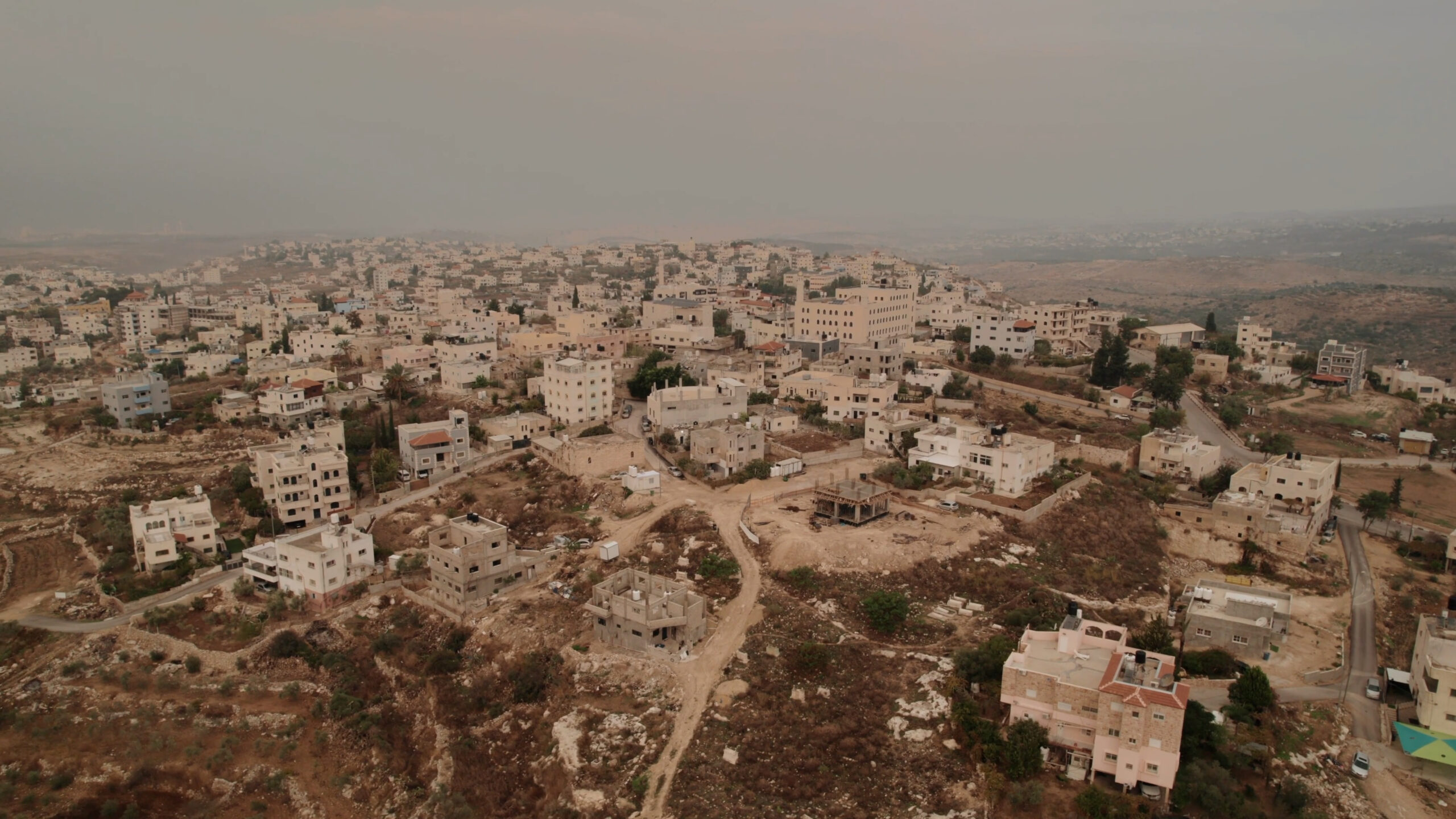
The Israeli airstrike that killed 33 people, including 21 women, in Jabalia refugee camp represents yet another tragic chapter in the conflict, underscoring the urgent need for secular humanist values—compassion, reason, and justice—in addressing this situation.
As secular humanists, we are deeply concerned by the immense suffering of civilians caught in this war. Over 400,000 people remain trapped in northern Gaza without sufficient food, water, or medical care, as communications are cut and humanitarian efforts are obstructed. This situation reflects the dangers of sectarianism and dehumanization, where human lives are reduced to mere pawns in a violent struggle.
Secular humanism calls for reason and empathy to prevail over violence and ideologically-driven conflict. We must advocate for an immediate ceasefire, the restoration of humanitarian aid, and the protection of all civilians, regardless of their national or religious identity. The international community must prioritize human rights and diplomatic efforts that emphasize human dignity above all else.
Moreover, it is critical to question the systems that perpetuate this conflict, including the militaristic and theocratic ideologies on both sides. The suffering of civilians cannot be justified under any banner—whether religious or nationalistic. We must reject the absolutist narratives that only serve to escalate violence.
Secular humanism is about seeking solutions that promote long-term peace and equality, rooted in mutual respect, critical thinking, and diplomacy. We must demand accountability from all parties involved and push for non-violent, secular governance structures that prioritize the welfare of people over dogma.
Ultimately, the path to peace will require dismantling these deeply entrenched divisions and fostering a shared commitment to universal human rights, something that only secular, reason-based approaches can fully embrace.


